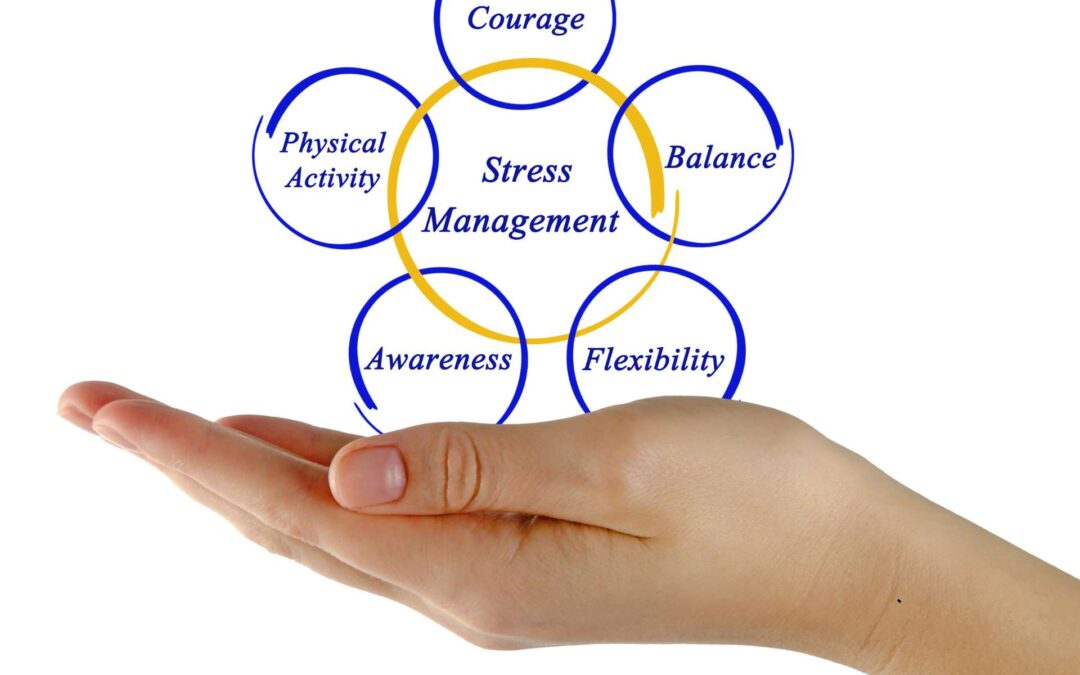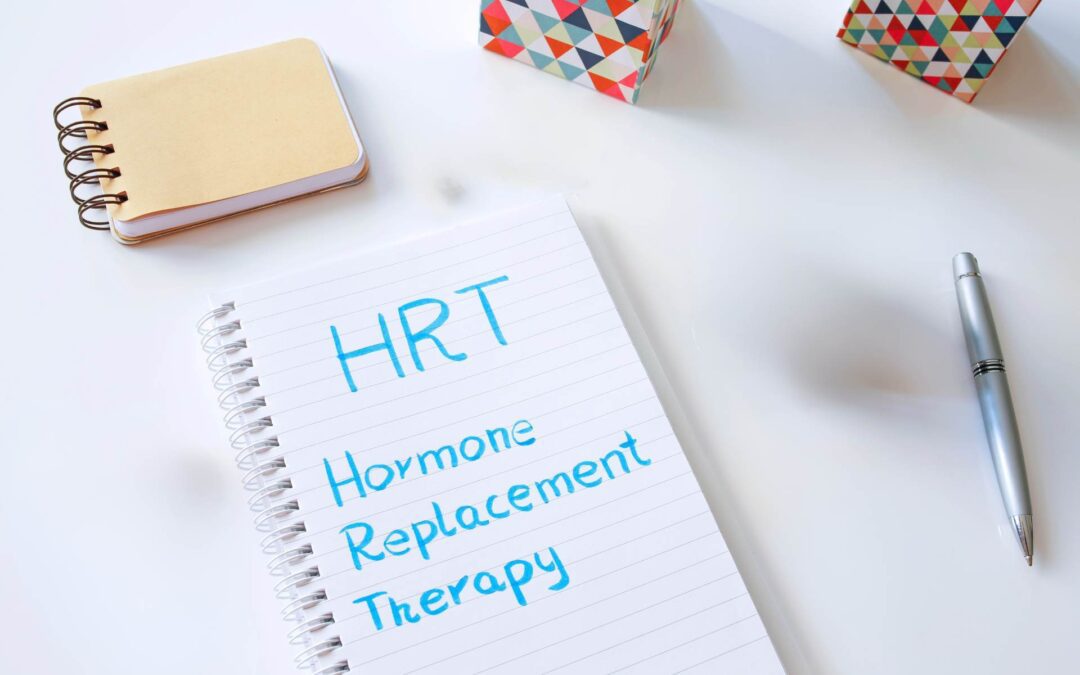When life feels overwhelming, we often forget that small changes can make a big difference in our mental well-being. We are aware that we often need to address our mental health by seeking therapy, taking medication, or focusing on major lifestyle changes. But what if there was something simple that you could also add—something you can do every day to improve how you feel? That something is gratitude.
Gratitude is more than just a fleeting emotion; it is a powerful tool that can reshape the way we think and experience the world. Studies show that practicing gratitude can have a profound impact on mental health, helping to reduce stress, boost happiness, and even improve sleep quality. Let us explore how gratitude can be a game-changer for your mental health.
What Is Gratitude?
Gratitude is the practice of recognizing and appreciating the positive aspects of life, even in the midst of challenges. It can be as simple as acknowledging the good things that happen throughout your day, whether big or small. Gratitude is not about ignoring difficulties, but rather about focusing on the things that bring joy, comfort, or meaning.
When we choose to focus on what we are thankful for, we shift our perspective. Instead of being consumed by negativity or stress, we begin to see the beauty in everyday moments. This shift in thinking can lead to improved mental well-being and a greater sense of contentment.
The Science Behind Gratitude and Mental Health
The benefits of gratitude go beyond just feeling good. Research has shown that practicing gratitude can have a direct impact on the brain and mental health. When we express gratitude, our brain releases dopamine and serotonin—two neurotransmitters that are responsible for feelings of happiness and well-being.
Studies have also found that people who regularly practice gratitude experience lower levels of stress and anxiety. Gratitude has been shown to reduce the levels of cortisol, the stress hormone, in the body. This is why many people who incorporate gratitude into their daily lives report feeling more relaxed and less overwhelmed by their challenges.
Additionally, gratitude has been linked to better sleep quality. One study found that individuals who kept a gratitude journal before bed experienced improved sleep and felt more rested in the morning. It seems that the practice of focusing on positive thoughts before sleep can calm the mind and promote restful sleep.
How Gratitude Improves Mental Health
The mental health benefits of gratitude are significant. Here are some of the key ways that gratitude can enhance your well-being:
- Reduces Symptoms of Depression and Anxiety: Focusing on what you are thankful for can help shift your mindset from a negative to a positive outlook. Over time, this can reduce symptoms of depression and anxiety by interrupting cycles of negative thinking.
- Boosts Resilience: Life is full of challenges, but gratitude can help you build resilience in the face of adversity. By appreciating the positive aspects of life, even in difficult times, you develop the ability to bounce back more quickly from setbacks.
- Enhances Relationships: Expressing gratitude to others can strengthen relationships and create a sense of connection. Gratitude fosters an environment of kindness and mutual respect, which can improve both personal and professional interactions.
- Improves Sleep: As mentioned earlier, gratitude can improve sleep by calming the mind before bedtime. When we are focused on positive thoughts, we are less likely to dwell on stress or worry, making it easier to fall asleep and stay asleep.
How to Incorporate Gratitude into Your Routine
The good news is that gratitude is simple to practice, and it does not require a lot of time or effort. Here are a few ways to bring gratitude into your daily life:
- Keep a Gratitude Journal: Each day, write down three things you are grateful for. These can be small moments, such as a good cup of coffee or a kind gesture from a friend, or larger events, such as achieving a personal goal or spending time with loved ones. Writing these down will help you focus on the positive aspects of your life.
- Write Thank-You Notes: Taking the time to write a thank-you note to someone who has had a positive impact on your life can reinforce feelings of gratitude. Whether you are thanking a colleague, friend, or family member, expressing your appreciation can strengthen your bond and improve your mood.
- Practice Mindfulness: Take a few moments each day to reflect on the present moment and appreciate what you have. Mindfulness exercises, such as deep breathing or meditation, can help you focus on gratitude and reduce stress at the same time.
- Start or End Your Day with Gratitude: Make it a habit to reflect on what you are thankful for at the start or end of each day. Whether you do this alone or with others, taking a few moments to acknowledge the good things in your life can set a positive tone for the day ahead or promote relaxation before bed.
Final Thoughts
Gratitude is a simple yet powerful tool that can transform your mental health. By making gratitude a regular part of your life, you can reduce stress, boost happiness, and enhance your overall well-being. It is a practice that requires little time or effort but can lead to profound changes in the way you feel.
Consider incorporating gratitude into your daily routine; it is a small step that can have a big impact. If you are struggling with your mental health, our team of therapists and nurse practitioners are here to help. Reach out to us by filling out our new patient form today. We are here to support you on your journey toward better mental health and well-being.






